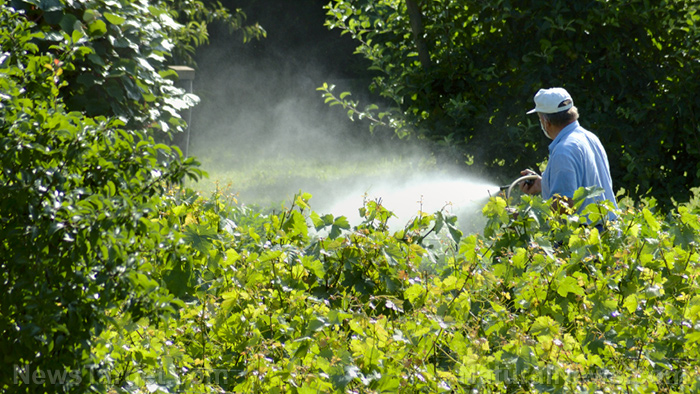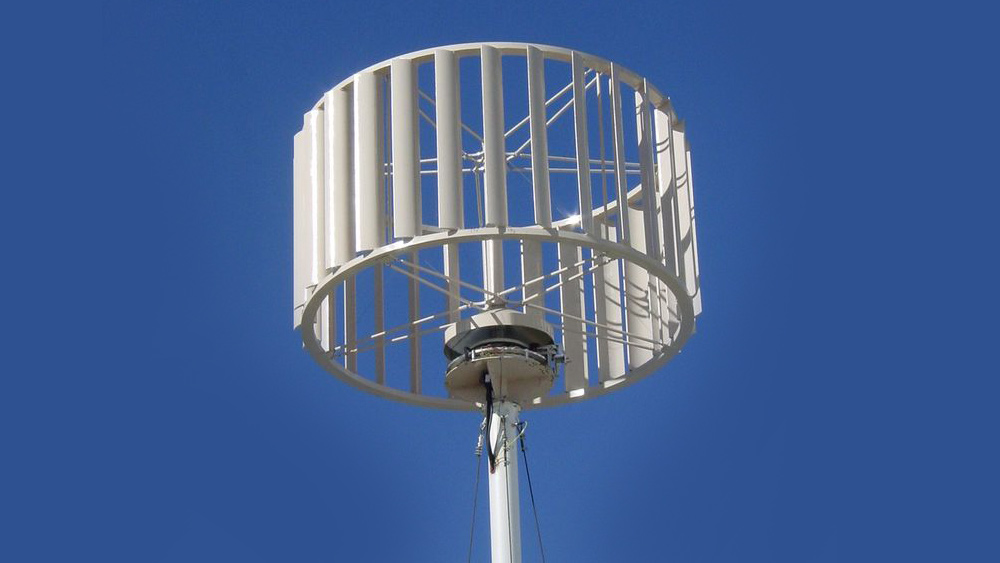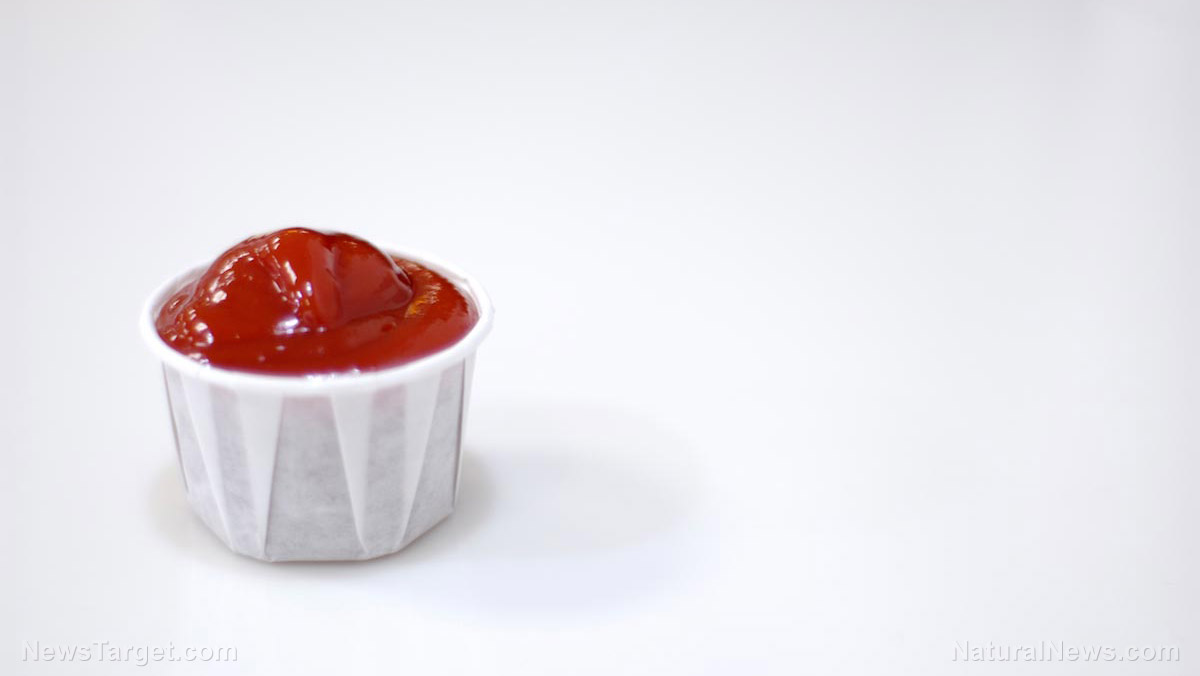TOXIC products: Humans are the greatest pollutants of office air, reveals surprising study
02/12/2021 / By Virgilio Marin

Researchers from Purdue University found that humans are the most significant pollutants of indoor air. In a study presented at the American Association for Aerosol Research Conference in Oregon, the researchers revealed that humans are the dominant sources of volatile organic compounds (VOCs) in an office environment.
VOCs are a large group of chemicals that strongly influence the composition and chemistry of indoor air. It is found in many everyday consumer products, such as paints and lacquers, cleaning supplies, pesticides, and copiers and printers. VOC emissions associated with humans include exhaled breath, personal care products and clothing.
Humans dominant sources of VOCs
To investigate the role of humans in indoor air pollution, the researchers put up a complex sensor system in the Living Labs office spaces at Purdue’s Ray W. Herrick Laboratories. The sensor system included temperature sensors rigged to desk chairs and an instrument called a proton transfer reaction time-of-flight mass spectrometer. Both devices acted like a “highly sophisticated nose” capable of establishing the presence of VOCs.
The researchers found that human occupants and ventilation systems affected air chemistry more than anything else indoors. Many VOCs lingered in the office even after people left the room.
“Our preliminary results suggest that people are the dominant source of volatile organic compounds in a modern office environment,” said co-author Brandon Boor of the Lyles School of Civil Engineering at Purdue.
The researchers found that the levels of many VOCs were 10 to 20 times higher indoors than outdoors. One of the top air pollutants is isoprene, a flammable substance identified in the breath of the people working in the office.

Another pollutant is ozone, a highly reactive gas that can damage the lungs. Though ozone comes from the outside, it can enter indoors and become even more harmful once it interacts with monoterpene, a class of compounds present in the peel of oranges and other citrus fruits. This interaction forms particles so tiny they can penetrate and lodge deep within lung tissue.
The researchers added that VOCs emitted by deodorants, makeup and hair care products could equally affect the air quality indoors and outdoors because ventilation systems extract these chemicals and eject them outside. (Related: Air pollution now comes from consumer and industrial products as much as vehicles.)
“The chemistry of indoor air is dynamic. It changes throughout the day based on outdoor conditions, how the ventilation system operates and occupancy patterns in the office,” said Boor.
Boor added that if an office space is not properly ventilated, these compounds can affect worker health and productivity.
Tips to reduce VOC exposure
Exposure to high VOC levels can lead to eye, nose and throat irritation, headaches, nausea, vomiting and worsening asthma symptoms. Meanwhile, the effects of long-term exposure include cancer, liver and kidney damage, and damage in the central nervous system.
Consider the following steps to reduce your exposure to VOCs:
- Increase ventilation when using products that emit VOCs.
- Avoid storing opened containers of paints and similar materials.
- Apply integrated pest management techniques to eliminate the need for pesticides.
- Follow label instructions.
- Dispose of unused or little-used containers safely.
- Avoid hoarding products that commonly emit VOCs.
- Keep products out of reach of children and pets.
- Never mix household care products unless directed on the label.
Taking steps to minimize your exposure to VOCs is important to maintain good air quality in your home or office. Keep these tips in mind to reduce VOC levels indoors.
Learn more about the diseases and disorders associated with VOC exposure at Chemicals.news.
Sources include:
Tagged Under:





















